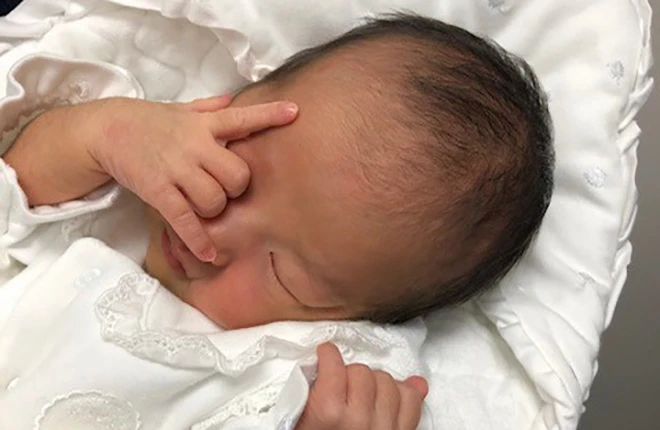Japan is poised to record its lowest number of births in history for 2023, with an estimated 726,000 babies, highlighting an accelerated decline in the country’s birthrate. This forecast, as reported by The Asahi Shimbun, underscores a significant 5.8 percent decrease from the previous year’s 770,759 births, suggesting a deepening demographic crisis. Utilizing preliminary data from January to October and employing the health ministry’s projection methodology, this year’s expected births not only continue the downward trend but also surpass the decline rate from the prior year, which was 5 percent.
This historical drop follows 2022’s milestone, where births fell below 800,000 for the first time since 1899. The situation seems even graver when considering that the 2023 forecast already aligns with predictions for 2034, initially estimated to range between 720,000 to 730,000 births. While a brief rebound to 755,000 births is anticipated for 2024, attributed to a post-COVID-19 recovery in marriage rates, the long-term trajectory remains concerning. The nation has witnessed a steady decline from the highs of the second post-war baby boom and has experienced an even steeper drop since 2016, when births dipped below the 1 million mark.
Compounding the issue is Japan’s fertility rate, which reached a new low of 1.26 in 2022, further signaling the urgency of addressing the declining birthrate. In response, the Japanese government approved a substantial 3.6 trillion yen child-care package in late December, aiming to provide increased child allowances and university tuition support. These measures, part of a broader effort to reverse the demographic decline by 2030, represent a critical juncture for Japan as it confronts one of its most pressing challenges.








